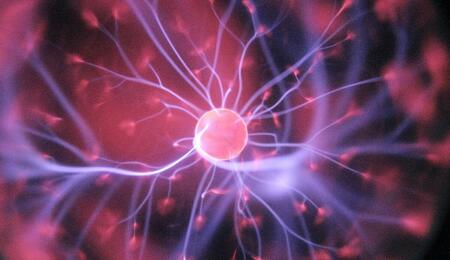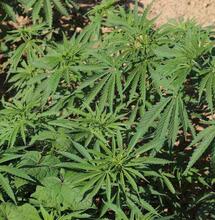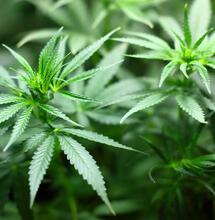Are We Self-Producing Anti-Stress Cannabinoids?

The endocannabinoid system is universal to almost all species. Except for insects, everyone has it, including humans. It’s a complex system that consists of an active network of endocannabinoids, enzymes and cannabinoid receptors found throughout the entire body. As of lately, scientists have been on a quest to find out more details about how this system is involved in our reaction to stress.
The human body has the endocannabinoid system, which is involved in various functions in the body, including eating, learning, memory, but also anxiety and stress. The system operates through an array of actions across the nervous system.
The system has cannabinoid receptors almost everywhere in the body, including the brain, organs, glands, connective tissues, and immune cells. It’s these receptors that engage in interactions with cannabinoids that we consume with cannabis, such as THC and CBD.
There have been many unanswered questions about the endocannabinoid system, however. We discover something new about how it works all the time. More recent research proposes that our bodies can self-produce cannabinoid molecules. The biological process would not be conditioned by cannabis consumption. Rather, it simply takes place under specific circumstances, for example exposure to stress.
So one of the hot theories here is that the brain may release its own cannabinoid molecules that then activate in the same brain receptors as THC coming from cannabis, thus ultimately producing a calming effect.
Something to back up this claim is a new study on mice, carried out by researchers at Northwestern Medicine and published in the journal Cell Reports.
Endocannabinoid Release is Triggered by Stress
The study findings suggest that self-made cannabinoid molecules in the brain act as the body’s natural defense to stress. The cannabinoid molecules are produced in the part of the brain known as the amygdala. As little as a seed, the amygdala largely dictates key reactions necessary for survival, such as the flight or fight response.
The team from Northwestern Medicine reported that the study in mice found that self-producing cannabinoid particles in the amygdala mitigate the incoming stress alarm from another part of the brain that is known as the hippocampus; the hippocampus primarily controls memory and emotions.
The study results add further evidence to claims that the brain contains its own cannabinoids, which play an important role in how the body reacts to stress.
The scientists underline in the paper that “the endocannabinoid (eCB) system is a key modulator” in the response to stress and adaptation to it.
Another significant implication from this study is that any damage in the cannabinoid signaling system in the brain can correlate with increased chances of developing psychiatric disorders due to stress, such as PTSD or depression.
“Stress exposure confers risk for the development or exacerbation of psychiatric disorders: from generalized anxiety and major depression to post-traumatic stress disorder,” the authors note in the paper.
“Understanding how the brain adapts to stress at the molecular, cellular, and circuit level could provide critical insight into how stress is translated into mood disorders and may reveal novel therapeutic targets for the treatment of stress-related disorders,” also said in a statement one of the lead researchers in the study, Sachin Patel.
Scientists Detected Cannabinoid Molecules Real-Time
In their quest to decode how this brain mechanism works, the scientists used a new protein sensor that can detect the presence of cannabinoid molecules real-time at specific brain synapses. The experiment demonstrated that specific high-frequency patterns of activity in the amygdala is what ultimately releases the particles in question. The sensor showed that the mice brains generated the molecules in response to different types of stress.
When the scientists removed the target of these cannabinoids, that is the cannabinoid receptor type 1 (there are two subtypes of receptors, CB1 and CB2, of which CB1 is predominant in the brain), they observed how the mice changed their reaction to stress. Effectively, they became more passive and their ability to cope with stress worsened.
The endocannabinoid system is very much involved in the regulation of the physiological stress response, adaptation to stress, susceptibility to experience stress or the respond to it. Finding out more about how this complex system works, can help therapy development for stress-related diseases, according to the researchers.
The next logical step after this study? Research in the near future will need to figure out whether increasing the levels of endogenous or self-produced cannabinoids has a therapeutic value that can be used for treating stress-related disorders.
Also read on Soft Secrets:
- Raphael Mechoulam - The Father of Cannabis Research











